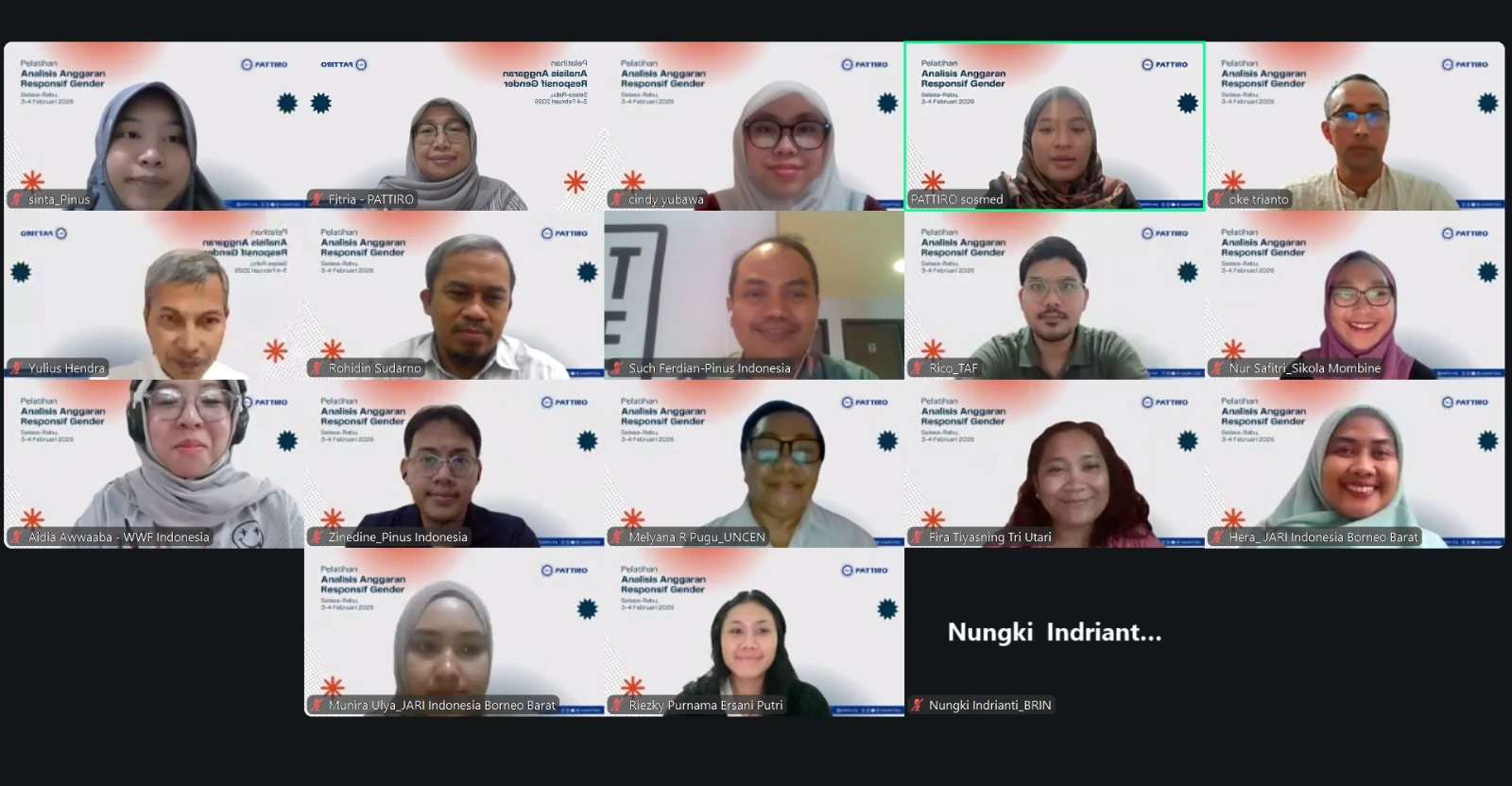 Since Law Number 14 of 2008 was passed and implemented in 2010, the State has guaranteed the Indonesian people’s right to obtain information. However, even though the law has been implemented for six years, the fulfillment of the public’s right to know is still hampered by several factors.
Since Law Number 14 of 2008 was passed and implemented in 2010, the State has guaranteed the Indonesian people’s right to obtain information. However, even though the law has been implemented for six years, the fulfillment of the public’s right to know is still hampered by several factors.
Right on the occasion of World Right to Know Day which falls on September 28, the Freedom of Information Network Indonesia Coalition (FOINI) through its written statement stated that there are two main reasons why the fulfillment of the right to know is hampered.
Based on data from FOINI, the Ministry of Home Affairs, and the Ministry of Communication and Information, there are still a number of public information disclosure infrastructures that have not been established, such as the Information and Documentation Management Officer (PPID), Information Service Standard Operating Procedures, Public Information Register (DIP), and Commission Information.
As of August 2016, there were still provinces that had not yet established PPID and Information Commissions. “North Maluku Province and North Kalimantan Province do not yet have a Provincial PPID. “Meanwhile, there are five provinces that do not yet have an Information Commission, namely East Nusa Tenggara Province, North Kalimantan Province, North Maluku Province, West Papua Province and Southeast Sulawesi Province.” said FOINI Secretariat Coordinator Desiana Samosir.
Apart from that, the preparation of DIP and Public Service Standard Operating Procedures is also still problematic. In fact, the DIP preparation process is the most important phase, where the types of information are determined. “Which information is excluded and which information can be provided to the public is determined in the process of preparing this DIP. Unfortunately, many public bodies have not prepared DIPs and Public Service Standard Operating Procedures. “So far, they have only ignored the obligations mandated by the Public Information Openness Law by forming PPID,” stressed Desi.
On the other hand, archival issues are also still an obstacle. The culture of documenting archives in digital form has not yet become a culture. So it really relies on conventional documentation/archiving.
Furthermore, FOINI believes that there are still regulations that violate the Public Information Disclosure Act. One example of this regulation is the Regulation of the Minister of State Secretary (Permensesneg) Number 2 of 2016 concerning Guidelines for Implementing Security Classification and Archive Access for the Ministry of State Secretariat. The ministerial regulation issued in February 2016 regulates instructions for archival security and access in accordance with the established classification of archival information.
In its considerations, this Permensesneg mentions Law 43 of 2009 concerning Archives. However, Desi explained, there are provisions in the Minister of State Secretariat that are not regulated in the law at all. “Permensesneg 2 of 2016 divides archives into four parts, namely ordinary, limited, secret and top secret archives. This division is not recognized in the Archives Law which divides archives based on type, existence, frequency of use, use value and confidentiality. “The division of archives in the Archives Law is dynamic, vital, active, inactive, static, maintained and general archives,” explained Desi.
Desi said that the division of archive types in Permensesneg 2 of 2016 has the potential to cause problems because archives that are classified as ordinary and limited can also be designated as archives with a secret classification if in the future the information in them contains strategic risks and needs to be kept secret by the Minister of State Secretary. “In fact, this provision is also not regulated in the Archives Law which is claimed to be a consideration of this Permensesneg Regulation,” stressed Desi.
Even though if you look at the hierarchy of laws and regulations, this Permensesneg has a great opportunity to be tested with Law Number 43 of 2009 concerning Archives and Law Number 14 of 2008 concerning Openness of Public Information, there are concerns that this ministerial regulation could hamper the implementation of information disclosure. public and fulfillment of the Indonesian people’s right to know remains.
To address these problems, FOINI encourages the government to do several things. First, the government must increase supervision and strengthen transparency infrastructure such as PPID, Information Commission at the central and provincial levels, Public Information Register, and Standard Operational Procedures for Information Services as an effort to fulfill the mandate of the Information Openness Law. Apart from that, the government also needs to create an integrated data center to facilitate institutional access to data and access to public information as mandated in the Archives Law. Lastly, the government must implement the Law on Openness of Public Information optimally by harmonizing the laws and implementing regulations so that they comply with the initial spirit of the formation of the law.




